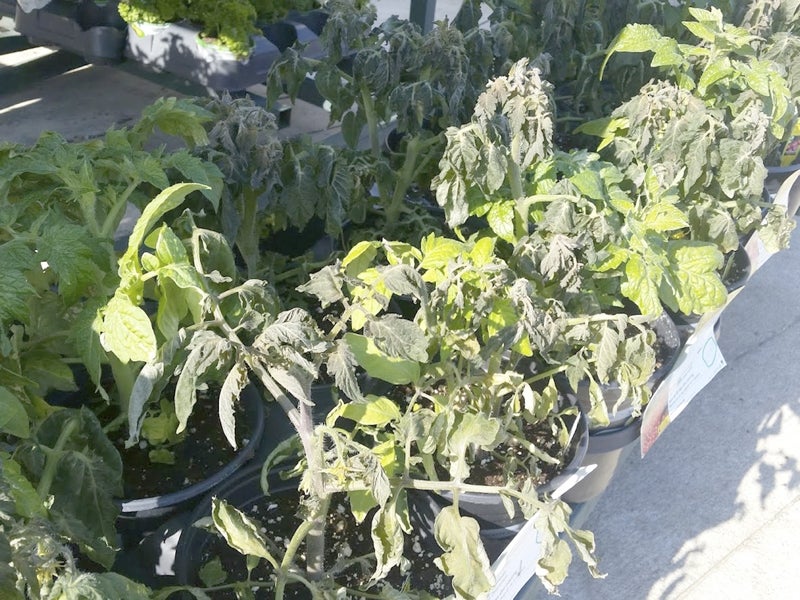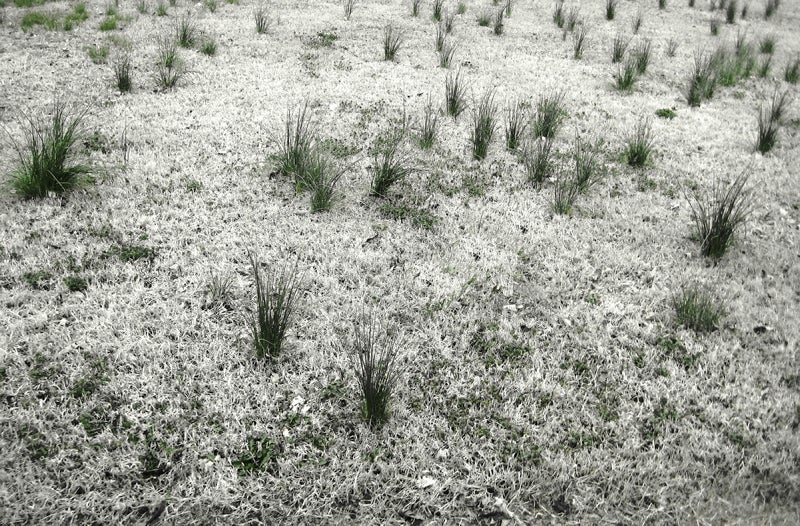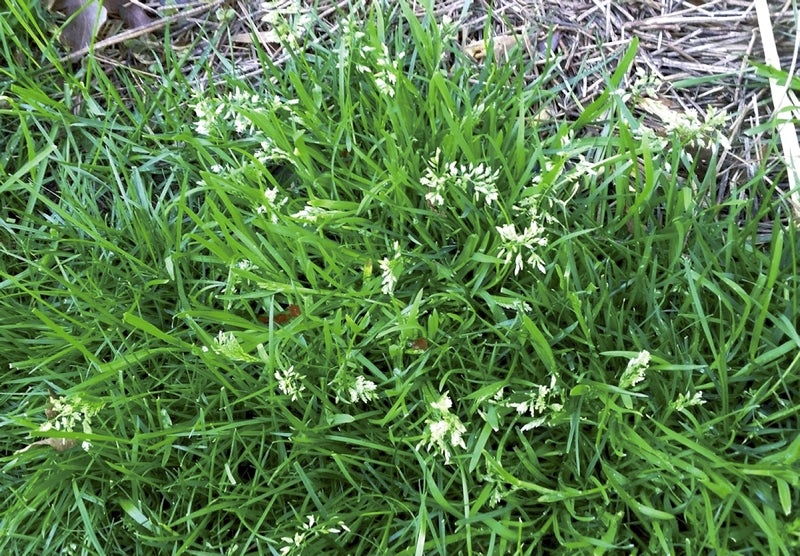Darrell Blackwelder: Weird weather questions abound
Published 12:00 am Friday, March 10, 2017
Daylight savings time begins on March 12 and many people will be spending more time in the evenings working outdoors in their landscapes and gardens.
Recent rains and abnormally warm temperatures have kindled blooms and plant growth throughout the county, but beware — cold temperatures this weekend can be extremely damaging to tender bedding plants and plants in bloom.
April 15 is generally the last frost free date in Rowan County, so there is still about a month of weather that can damage tender crops. Below are a few inquiries about the weather and other subjects I’ve been asked over the past few weeks.
Q: I covered my tomato plants a few days ago during the frost and I still had some damage to my plants. What did I do wrong?
A: It depends on exactly how low the temperature dipped and the condition of the plants. Tender bedding and vegetable plants can be protected with a cloth cover during a light frost with temperatures just under 32 degrees. When temperatures dip well below this, over a long period, freeze damage may occur. Never use plastic to cover tender plants. Plastic that touches plants will exacerbate the cold damage to your plants.
Q: Can’t I just wash off the frost in the morning to protect my plants?
A: No. Many people think that they can hose off plants in the morning after a heavy frost and it will keep the frost from damaging their tender plants. Commercial vegetable and fruit producers use overhead irrigation for frost and freeze protection during freezing temperatures to protect tender plants in the early spring. However, this is a very complicated, laborious task that is not recommended for homeowners.
Q: I had a beautiful green lawn this spring and now some type of strange grass seems to have invaded my lawn. It is a rather low growing, bunch grass that has a lot of seed heads. What can I put out now to get rid of it?
A: It sounds like you have Poa annua or annual bluegrass. It is a common grassy weed that germinates in the fall and dies in early summer as the temperatures rise steadily above 75 degrees. Unfortunately, there is no effective control for this weed now. You must use a pre-emergence herbicide in early fall before temperatures start to cool as the best method of control for this weed.
Q: When is the best time for me to cut the wild onions in my lawn? I’ve heard if you mow them at a certain time of the spring it will kill them.
A: Your wild onions are most likely wild garlic. Mowing wild onions or garlic will not control this weed. Most of the broadleaf lawn weeds killers on the market with 2,4-D will eventually eliminate the weed. It’s best to make herbicide applications 10 days apart for satisfactory results. Pre-measured hose-on weed control herbicides work well for those with small lawn infestations. Wild garlic and other broadleaf weeds can be difficult to control in one season. It may require continuous sprays each year for total control.
Darrell Blackwelder is the retired county Extension director with horticulture responsibilities with the North Carolina Cooperative Extension Service in Rowan County.







